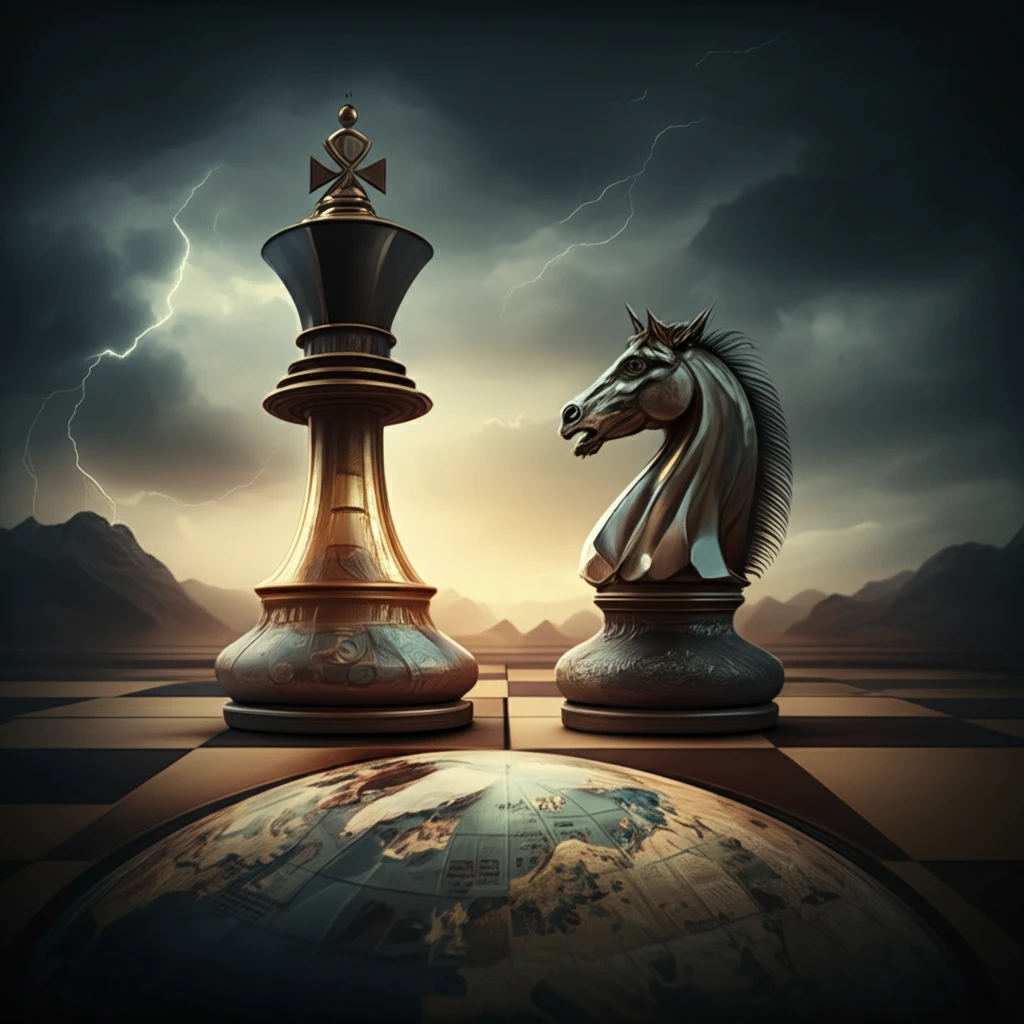
Navigating the Chaos: Can Philosophy Explain Global Conflict?
"Unpacking Hobbes and Locke to Understand Today's International System"
The specter of conflict looms large in our contemporary world. From the ongoing tensions in Eastern Europe to the complexities of the Middle East, violence seems ever-present. While many factors contribute to these conflicts, understanding their root causes remains a crucial step toward finding potential solutions. Political philosophy, with its long tradition of analyzing power, human nature, and the state, offers valuable frameworks for making sense of this global chaos.
Two towering figures in Western political thought, Thomas Hobbes and John Locke, provide contrasting perspectives on the nature of conflict and the role of government. Hobbes, known for his grim view of humanity, believed that life without strong central authority would be a "war of all against all." Locke, in contrast, envisioned a more optimistic state of nature, where individuals possess natural rights and reason can prevail.
This article delves into the core ideas of Hobbes and Locke, examining how their theories apply to the complexities of today's international system. By comparing their perspectives, we can gain a deeper understanding of why conflict persists and what, if anything, can be done to mitigate its effects. We'll also consider the limitations of international law and the challenges of achieving lasting peace in a world of competing interests.
Hobbes vs. Locke: A Clash of Worldviews

At the heart of Hobbes's philosophy lies the concept of the "state of nature," a condition where no government exists to enforce order. In this scenario, Hobbes argued, human beings are driven by self-interest and a constant fear of death. Without a common power to restrain them, individuals are locked in a perpetual struggle for survival, leading to a life that is "solitary, poor, nasty, brutish, and short."
- Hobbes: Emphasizes the need for a strong, centralized authority to maintain order and prevent society from descending into chaos.
- Locke: Advocates for limited government, with checks and balances to protect individual liberties and prevent tyranny.
- Key Difference: Their fundamental disagreement lies in their assessment of human nature. Hobbes sees humans as inherently self-interested, while Locke believes in their capacity for reason and cooperation.
Finding Order in Anarchy
The debate between Hobbes and Locke continues to resonate in contemporary discussions about international relations. While neither theory provides a perfect solution to the problem of conflict, they offer valuable insights into the underlying dynamics that shape the global landscape. By understanding the competing perspectives of these two philosophical giants, we can better navigate the complexities of our world and work towards a more peaceful future.
